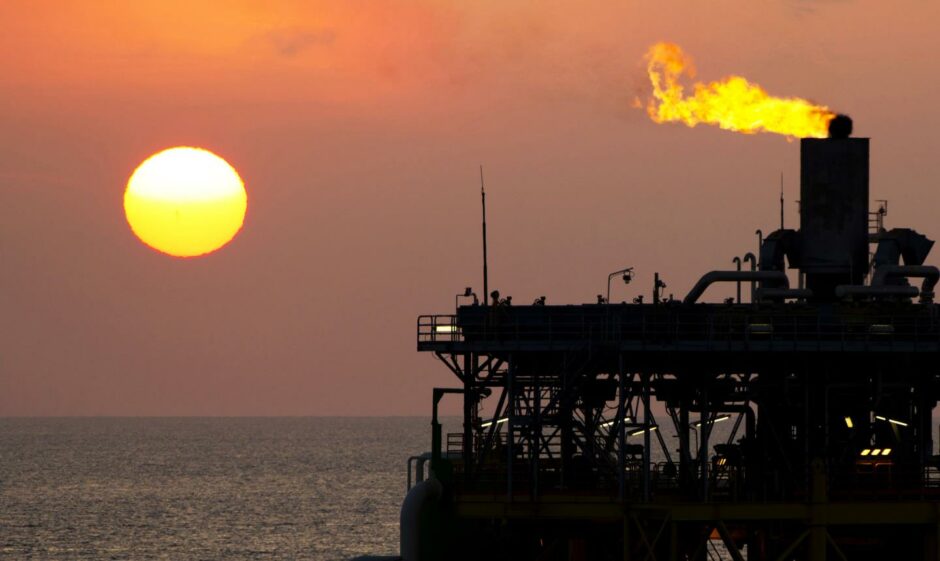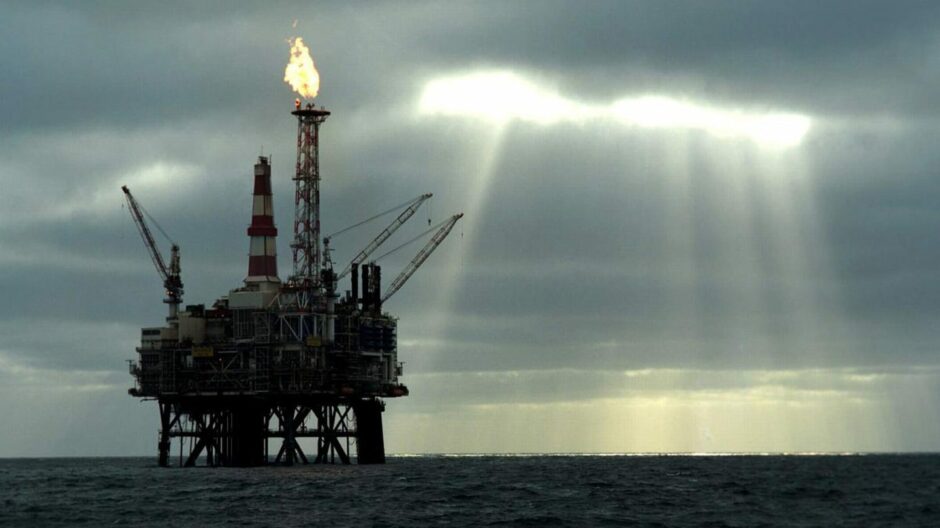
Final day showdowns, mid-table mediocrity, relegation battles, underdogs, six-pointers – all things associated with the highs and lows of league sport.
But such phrases could soon be deployed by pundits to chronicle the moves of oil and gas companies as they vie for top spot in a very different type of table.
A UK Government select committee has recommended the creation of a new league, detailing efforts to reduce North Sea flaring and venting.
Oil and gas companies would be ranked from best to worst, with the biggest offenders languishing at the bottom of the table.
Such information could then be shared with investors, non-governmental organisations and policymakers, allowing them to monitor progress while also incentivising firms to clean up their act.
EAC ringing the recommendations
As part of its ‘accelerating the transition from fossil fuels and securing energy supplies’ report, published last week, the cross-party Environmental Audit Committee (EAC) made a host of oil and gas related recommendations.
Amongst them were for government to set a clear end date for North Sea licensing, and for spend relief to be extended to renewables generators.

In a bid to tackle flaring and venting, the EAC has suggested the North Sea Transition Authority (NSTA) “identify and publish a league table of the best and worst performing companies”.
It also recommends that all UK North Sea firms involved in oil and gas production “report annually on their progress in decarbonising their activities”.
Cracking the whip already
For its part, the NSTA has not been sitting on its hands in its quest to crack down on flaring.
In 2022 alone, the industry regulator launched a number of probes and dished out some hefty fines.
Notably, EnQuest was hit with a £150,000 penalty last month, believed to be the largest issued by the NSTA, for flaring an excess 262 tonnes of gas on its Magnus field.
As part of the North Sea Transition Deal, a landmark pact between government and industry, the sector pledged to establish a Methane Action Plan.
And in 2021, Offshore Energies UK (OEUK) published a plan that committed to no routine flaring by 2030.
Flaring is sometimes required to safely dispose of excess gas offshore, rather than allowing it to simply disperse.
But it is a highly emitting process, and a total ban on all but emergency flaring has been in place in Norway since 1971.
Between 2018 and 2020, flaring and venting made up 26% of emissions from oil and gas production activities in the UK North Sea.
Responding to the initial report last week, the NSTA said it “works closely with industry to encourage collaboration and action which supports both UK energy security and the transition to net zero, including reducing emissions from sources such as flaring and venting, using sanctions when necessary”.
It added: “We already monitor and publish industry emissions performance including greenhouse gas emissions, carbon emissions and intensity, and flaring and venting and have seen an overall 21.5% reduction in greenhouse gas emissions since 2018 and have set industry a clear expectation of zero routine flaring and venting by 2030.
“Platform electrification is a vital part of cutting emissions in the North Sea and reaching net zero and we continue to support and encourage operators to adopt it wherever possible.”

 © Supplied by EnQuest
© Supplied by EnQuest